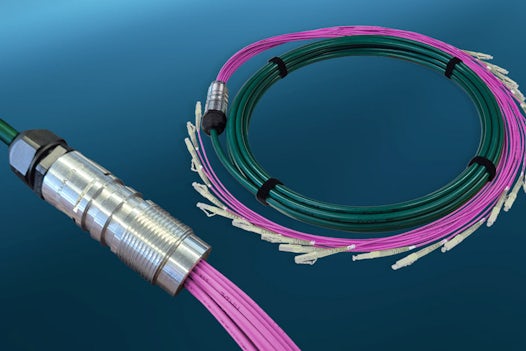
2030 Digital Compass – Europe’s “Digital Decade”
28 April 2021

The pandemic has shown us one thing: Europe is lagging behind in the key technologies. Back in the autumn of 2020 the EU Commission announced that more digital sovereignty was needed. The shortage of chips, particularly in the automotive industry, made it clear that this was imperative.
On 9th March 2021 the Commission presented “2030 Digital Compass”, its vision for digital change by the end of this decade. The Compass builds on the EU Commission’s digital strategy of February 2020. The object is to create a climate-neutral, recycling-oriented and resilient economy.
Over the next ten years extensive projects will be initiated In four core areas.
Digitally skilled citizens: The aim of the European Commission is that by 2030 at least 80 percent of all adults will have basic digital skills and that 20 million ICT experts will be employed in the EU with a trend towards gender balance.
Digitisation of public services: EU citizens will be given the opportunity of dealing online with all important official business and of retrieving their own medical records electronically. By then 80 percent of the EU population will also be able to use a digital ID.
Digital transformation of businesses: The plan is that by 2030 75 percent of EU businesses will use the Cloud, Artificial Intelligence and Big Data, and at least 90 percent of small and medium-sized businesses will have a basic level of “digital intensity”.
Secure and sustainable digital infrastructures: By 2030 all households in the EU should have a gigabit connection and all populated areas should have 5G coverage. A total of 10,000 high security and climate neutral data centres should be in use, and Europe should have its first quantum computer. 20 percent of the world’s cutting-edge and sustainable semiconductors should be produced in Europe.
In order to achieve these ambitious goals “multi-country projects” will be launched as soon as possible. The Member States undertake to allocate at least 20 percent of expenditure to their development and resilience plans for digital transformation.
“Europe has a lifetime opportunity to build back better. With the new multi-annual budget and the Recovery and Resilience Facility, we have mobilised unprecedented resources to invest in the digital transition,” says Ursula von der Leyen, President of the European Commission. “The pandemic has exposed how crucial digital technologies and skills are to work, study and engage – and where we need to get better.”
“We welcome this timetable for the further digitisation of Europe. With our comprehensive portfolio of IT infrastructure solutions we support businesses and authorities in their digitisation projects,” explained Ralf Klotzbücher, Vice President Sales & Marketing at Datwyler IT Infra. Datwyler has been a leading innovator in modern cabling infrastructures for over 100 years. Today the global operator also offers software and services, and provides comprehensive, customised and scaleable one-stop IT infrastructure solutions for data centres, intelligent buildings and fibre optic networks.


